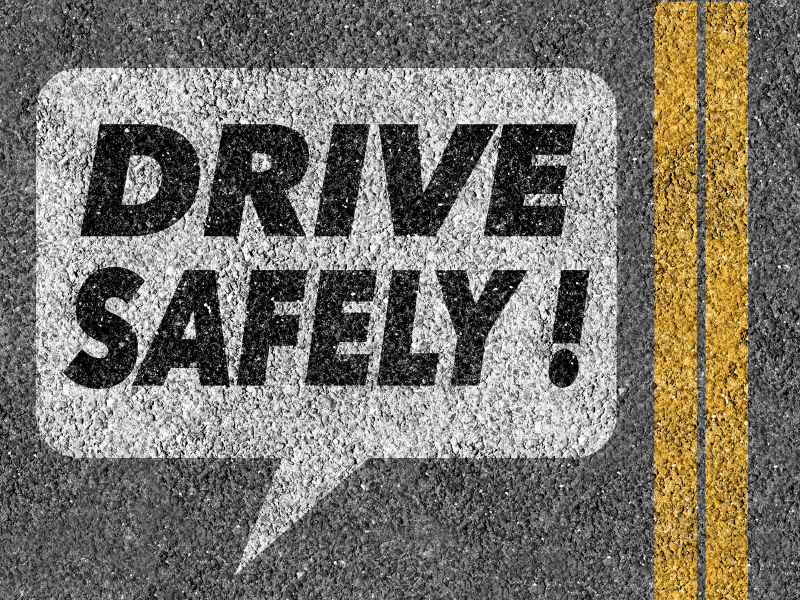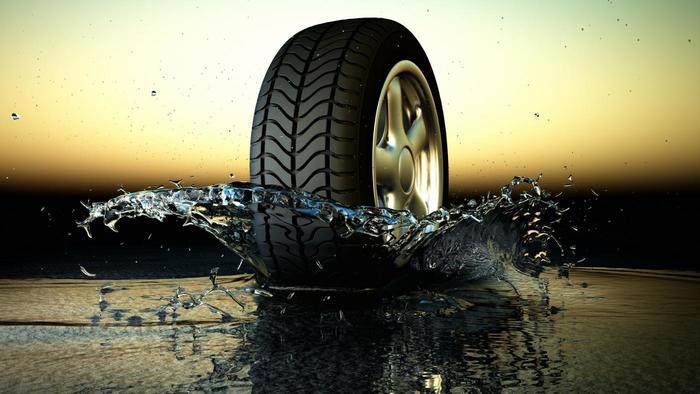Posted on 12/29/2015

Recalls are a fact of life. In 2014, there were 803 recalls for problems with more than 63.9 million vehicles. Yes, it is up to auto manufacturers to let you know about a recall, but it isn't that simple. Consumers have to be on the ball, too. A recall is issued when a manufacturer or the National Highway Traffic and Safety Administration (NHTSA) determines that a vehicle, car seat, tire, or any equipment creates an unreasonable safety risk or fails to meet minimum safety standards. Manufacturers are required to fix the problem by repairing it, replacing it, offering a refund, or in rare cases, repurchasing the vehicle. If you were one of the people who didn't respond to a recall, then you may not have known about it. Or maybe you just didn't care. There are many reasons why vehicles don't get repaired. "Consumers have many different responses to recall letters," says Carroll Lachnit, an editor for car-shopping website Edmunds.com. "Some people just ig ... read more
Posted on 12/14/2015

Did you know there was an estimated 9.5 percent increase in traffic fatalities in the first quarter of 2015? Or that there has been little progress in improving the fuel economy of vehicles since the early 1990s? Factoids such as these come through my e-mail pretty much daily and, while each one does not merit a full article, combined they do offer something interesting for everyone. Here are some recent news items drivers will find of interest. -- Despite advances in fuel-saving technologies in the last 25 years, the on-road fuel economy for all vehicles (cars, trucks, buses, and motorcycles) has improved by less than 1 mile per gallon during that time, according to a study by the University of Michigan Transportation Research Institute. Part of the reason is that it takes many years to turn over the fleet. The average age of a light-duty vehicle on the road is currently 11.4 years. So, man ... read more
Posted on 12/2/2015
(2).JPG)
Thanks to my wife Debbie for the warm, wonderful and inviting Holiday Decorations at the Shop. Please stop by for a Hot Cocoa, Cookies and Candy Cane. Or just to say Hello. Happy Holidays!
Posted on 11/25/2015

During November, many organizations will be sharing tips to ensure a safe environment for our children. While much of Child Safety Protection Month messaging promotes safety tips around the home, AskPatty reminds parents to always keep their children safely buckled up while riding in their car. It's especially important because motor vehicle crashes are the leading cause of unintentional injury-related deaths among children ages 14 and under. As parents, we go to great lengths to ensure the children in our lives are safe. We childproof our homes and install car and booster seats to keep young children safe in our vehicles because we love them. Parents, it is NEVER okay to drive with an unbuckled child! Do you know when it's safe for a child to use a seatbelt? You might think so, but 9 out of 10 are doing it wrong! Here’s an easy tip: A child needs to be at least 57-inches tall and between 80 and 100 pounds to ride with just a seat belt. "Car seats, booster seats, a ... read more
Posted on 11/5/2015
Hector Gordils, a long time Client and friend shares a few words with the Mensch:
Posted on 10/16/2015

With the prospect of a heavy rainy season ahead, hydroplaning in your vehicle becomes more likely and dangerous. Even with a thin layer of water on the road, your vehicle speed and tire tread depth will have a significant impact on control or lack thereof. THIS IS A DIRECT RESULT OF A HYDROPLANE ACCIDENT With good tire tread depth, and a cautious speed, the tire tread pattern will push the water out and away from the wheel allowing for maximum contact with the road. However, regardless of how good or new the tires are, the faster the speed the less direct contact with the road. A layer of water builds up between the rubber and the road resulting in Hydroplaning and loss of control. Prescription: Don't drive if you don't have to Have your Tires Checked for Tread Depth & ... read more
Posted on 10/14/2015

Did you know that every 2 minutes a case of breast cancer is diagnosed here in the United States? Here at AutoAid in Van Nuys, California, we understand how important it is to find a cure for Breast Cancer and that's why we are doing something about it! This month for Breast Cancer Awareness Month, we are donating $5 for every invoice to the the Susan G. Komen foundation for Breast Cancer Research. We are Help us donate by doing your maintenance and service this month! Visit us for more information or click here to schedule your appointment online now! Check out this info below for more information on the Susan G. Komen Foundation. In addition to supporting research, Susan G. Komen is helping save lives through: Funding to programs that help the underserved find breast cancer services. Local programs that help pay for child care and transportation so those in need can get life ... read more
Posted on 10/9/2015

With talk of El Nino weather heading our way this winter, what can we take away and apply to our safety and driving habits from the disaster that is flood ravaged South Carolina? We've seen hillsides destroy property, sink holes swallow cars and people losing their lives when being swept away during sever rains while driving a car, walking or on a motorcycle.
Posted on 10/6/2015
flood driving tips Sometimes it's unavoidable, as when a summer sprinkle quickly devolves into a flash flood. If you're caught driving in a flood, we have some tips to help you stay safe. Estimate how deep the water is As little as 6 inches of water can damage your car and lead to stalling. A foot of water may even cause your vehicle to float. If you think the water is more than 6 inches deep, don't try to drive through it. Best to turn around and find another route. Slow your speed If you drive through water, slow down and take your time. Watch for downed power lines If you approach a water-ridden area where power lines are down, turn around. Respect the barricades If you're approaching a road that's barricaded, don't attempt to go around the barricade and take the road anyway. There's a good chance serious danger's ahead. Don't wait out the water in your car Because only a foot of water can make your car float and 2 feet can cause it to ... read more
Posted on 10/6/2015

The National Insurance Crime Bureau (NICB) is reminding drivers to take their keys and lock their vehicles, or risk becoming a statistic. It might seem like a no-brainer, but last year some 45,000 drivers admitted that they had left their keys in the car when it was stolen. "This may sound like a broken record," said NICB President and CEO Joe Wehrle. "But the simple fact is, too many people make it easy for car thieves. We repeatedly warn motorists to lock it up and take the keys, but our research shows that in too many cases, that's not happening. Today's vehicles have excellent anti-theft systems, but they don't work if you don't use them ... read more